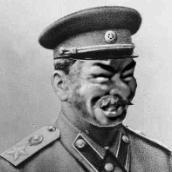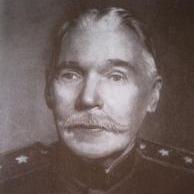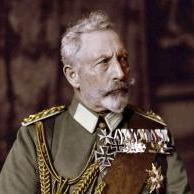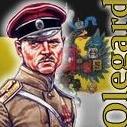Kaiserreich: Общее обсуждение
Лучшие авторы в этой теме
-

dagot87 11 сообщений
-
Calc 6 сообщений
-

simpleguy 5 сообщений
-

Shamilboroda 5 сообщений
-
Leshak 5 сообщений
-
Леарх Гаутсон 5 сообщений
-

Protoukr 5 сообщений
-
Gaspar 5 сообщений
-

Дон Андрон 4 сообщений
-

ValetAres94 3 сообщений
-

CrazyZombie 3 сообщений
-

Германский Император 3 сообщений
-
.thumb.jpg.ffad3c45e20b00a19f7361d04526e0a3.jpg)
Panzership 2 сообщений
-
mihail92 2 сообщений
-

Olegard 2 сообщений
-
asterix120 2 сообщений
-

Armun 2 сообщений
-
Playa 2 сообщений
-

Кромвель 2 сообщений
-

Rup. 2 сообщений
-

Spyker 2 сообщений
-
Karlov 1 сообщение
-

Егор44 1 сообщение
-

Blackfyre Kreis 1 сообщение
Популярные дни
Популярные сообщения

Gorthauerr
А вот это абсолютно антилогично и антиисторично. Если бы большевики не победили, как-минимум на подконтрольной Белым территории население бы было в 1.5-2 раза выше, чем в реальной истории. П

Дон Андрон
В РИ, Япония планировала создать национальные военные силы в Индии, и режим подобный Манчжурии и Манчжоу-Го. Управлять будут они, японцы будут только получать ресурсы и рынок сбыта товаров. Вот

SShredy
Ну захватят они Китай, Сибирь и Индию, а удерживать они их как будут? Создать империю и управлять ею не одно и тоже, посмотрите на действия японцев в Азии и отношении к ним других азиатов.

simpleguy
Таймлайн (многабукав) Hide Войдите или зарегистрируйтесь, чтобы увидеть скрытое содержимое. Таки ссылка

Zelchenko
Господа, вселенную Kaiserreich можно обсудить здесь

Shamilboroda
Kaiserreich Beta 0.13 - ‘A King and his Captain’

dagot87
Потому что хойка заточена под начало в 1936-м году это раз, основа лора заточена на это же время - два три, делать на ровном месте ещё одну мировую войну в кошмарных послевоенных условиях неимоверна

simpleguy
1917. Германия не начинает (снова) неограниченную подводную войну, США не вступает в войну... Конкретно то, о чем вы говорите - продукт немецкой интервенции в Гражданскую войну в 20 году. Украина, кст
-
Сейчас на странице 0 пользователей
- Нет пользователей, просматривающих эту страницу
Рекомендованные сообщения
Присоединиться к обсуждению
Вы можете оставить комментарий уже сейчас, а зарегистрироваться позже! Если у вас уже есть аккаунт, войдите, чтобы оставить сообщение через него.